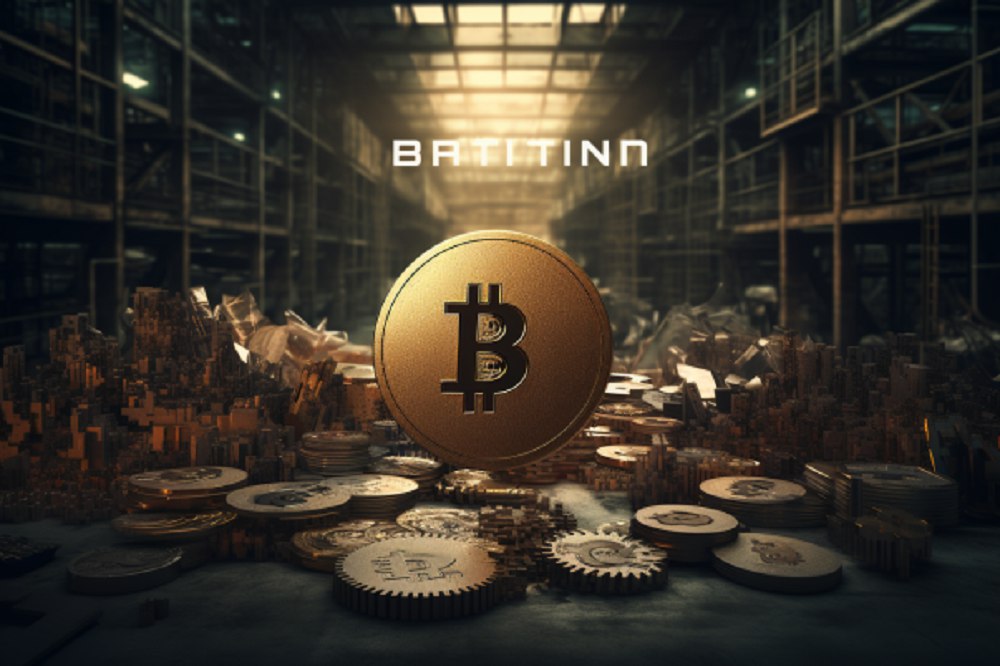Bitmain, a prominent manufacturer of digital currency mining servers, has announced that it would inject $53.9 million into Core Scientific, a leading US-based cryptocurrency mining company. This move comes amidst Core Scientific’s struggles with a Chapter 11 bankruptcy filing, a consequence of the protracted crypto winter and Celsius’ collapse.
Meanwhile, Adam Sullivan, the CEO of Core Scientific, underscored the pivotal role of Bitmain’s product quality, service commitment, and responsiveness in bolstering the Bitcoin Network. He added that the influx of new miners through this agreement would heighten the efficiency of their mining fleet, fortifying preparations for the upcoming halving event and beyond.
The investment pact, comprising equity and cash components, is earmarked for acquiring cutting-edge Bitcoin mining equipment. Furthermore, Bitmain will furnish Core Scientific with 27,000 Bitmain S19J XP 151 Bitcoin mining units.
This deal is slated for approval in the fourth quarter of 2023 and stands as a testament to Bitmain’s unwavering dedication to improving the North American crypto-mining landscape.
Core Scientific’s Bankruptcy Issues
In a move to resolve its ongoing litigation, Core Scientific plans to divest its Texas-based Bitcoin mining data center to Celsius for $14 million. This facility, boasting a power production capacity of 215 megawatts, could emerge as one of the largest mining establishments in Texas.
While speaking about the deal, Max Hua, CEO of Bitmain, expressed the company’s eagerness to solidify its strategic partnership with Core Scientific, a trusted collaborator based in the United States. The bankruptcy filing by Core Scientific, partly attributed to Celsius’ financial shortfalls, is a move to help protect the company from liquidation.
This will enable the company to stay afloat while negotiating terms with its principal creditors. Despite these challenges, Core Scientific’s resilience, coupled with the substantial infusion of capital from Bitmain, can help guide them through their present tribulations.
Venezuelan Authorities Seize Bitcoin Mining Machines In Prison Raid
Meanwhile, Venezuelan authorities successfully executed a raid on the gang-controlled Tocoron prison, yielding a surprising haul of assets. Among the cache of confiscated items were Bitcoin mining machines, alongside an arsenal of rocket launchers and grenades.
This unprecedented seizure highlights the complex challenges faced by Venezuela, from hyperinflation to the peculiarities of its heavily subsidized electricity market. The Tren de Aragua gang had long established the Tocoron prison as their operational base in Latin America.
The concerted effort of over 11,000 police officers and soldiers, bolstered by an array of tanks and armored vehicles, resulted in the successful confiscation of the Bitcoin mining machines and weaponry.
Venezuela’s turbulent economic climate has catalyzed a surge in Bitcoin mining activities. The country’s struggle with hyperinflation and the low cost of electricity in their subsidized market has rendered mining operations more profitable than the global average.
However, a closer examination of the seized machines, notably the older models of Bitmain’s Antminers, raises questions about the true extent of profitability in this venture. Bitcoin mining serves as the engine behind the introduction of new coins into circulation and is vital for upholding the network’s security.
Hence, miners employ sophisticated computers (ASICs: Application-Specific Integrated Circuits) to solve intricate computational puzzles, a cornerstone of Bitcoin’s proof-of-work consensus algorithm. But Venezuela’s persistent energy blackouts have prompted authorities to clamp down on such facilities and operations.
The nation’s temporary ban on mining cryptocurrencies has effectively dealt a severe blow to an industry once heralded within its borders. This regulatory measure came in the wake of a probe into an alleged corruption scheme, where crypto wallets were purportedly used in diverting funds from the state-owned oil firm PDVSA.
Nevertheless, President Nicolas Maduro unveiled plans in 2019 to underpin their national cryptocurrency, the petro, with oil reserves, underscoring Venezuela’s aspiration to leverage the burgeoning world of cryptocurrencies. As the nation fights with its financial woes and navigates the intricate terrain of cryptocurrency regulation, the global community watches with keen interest, wondering how the government will tackle its complex issues.
